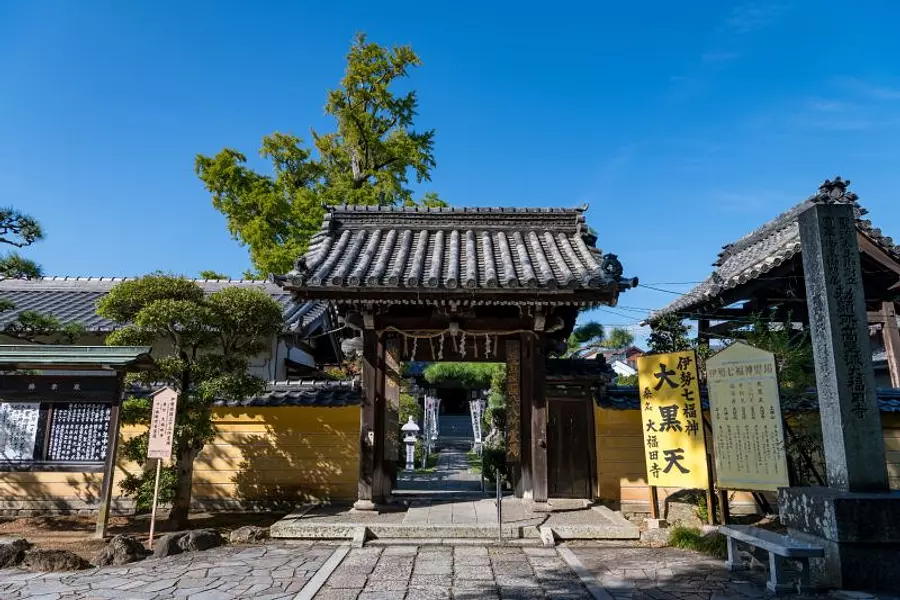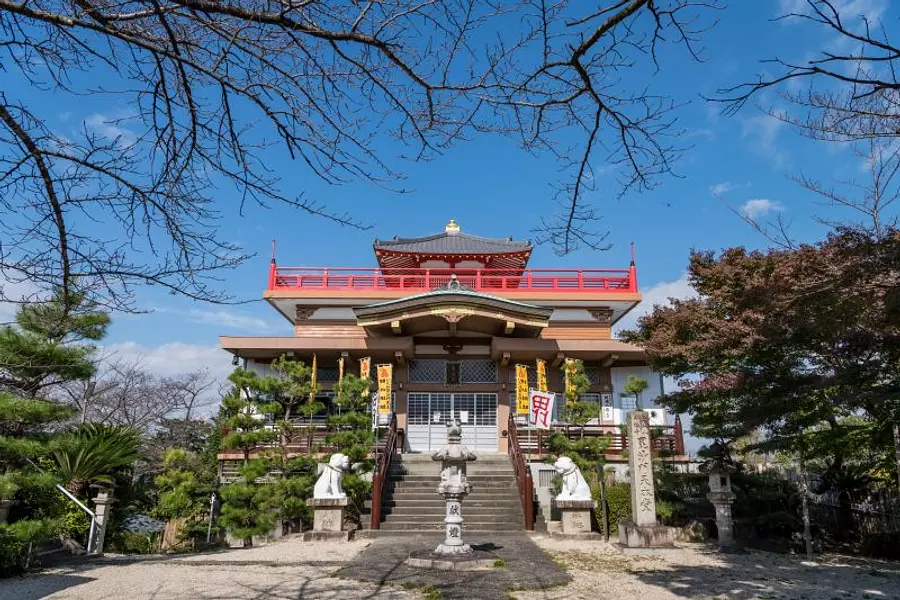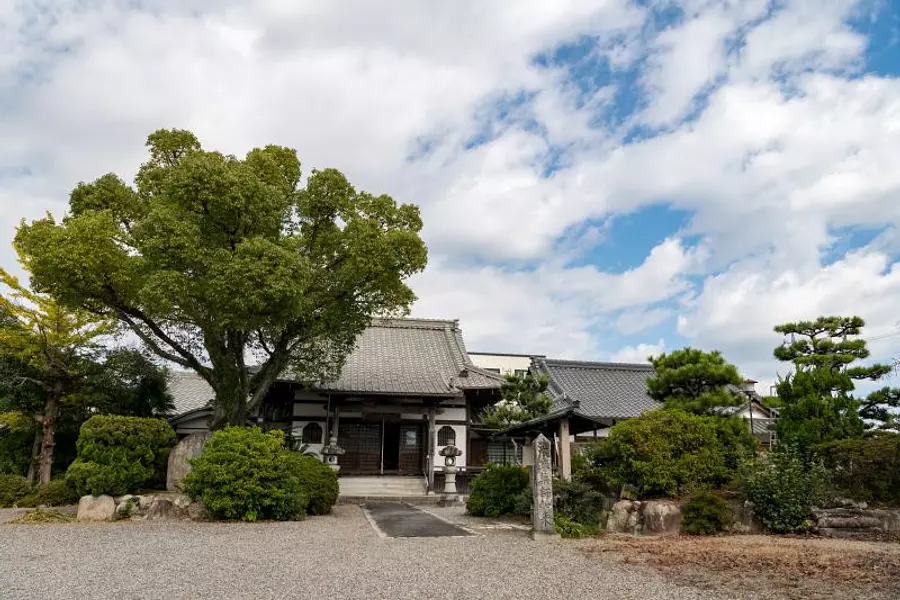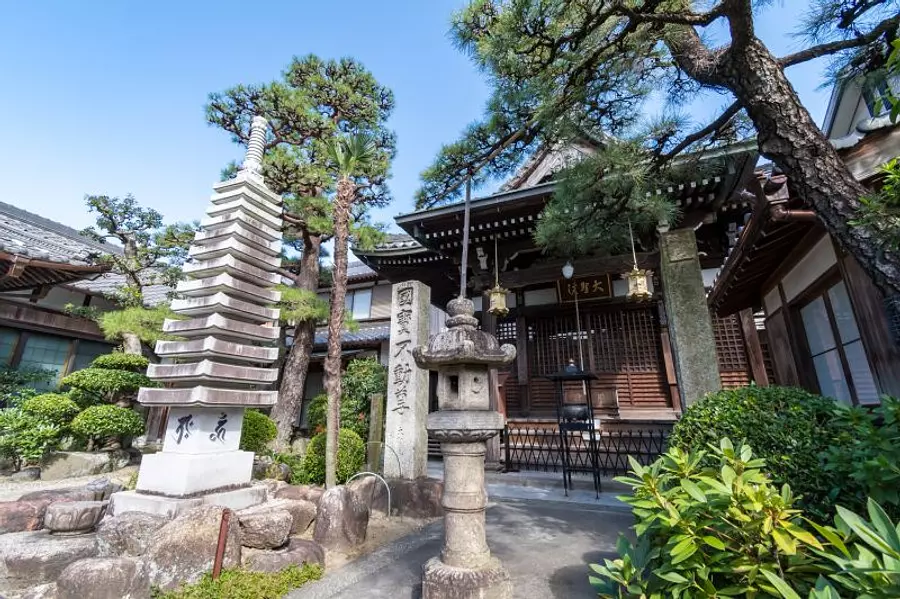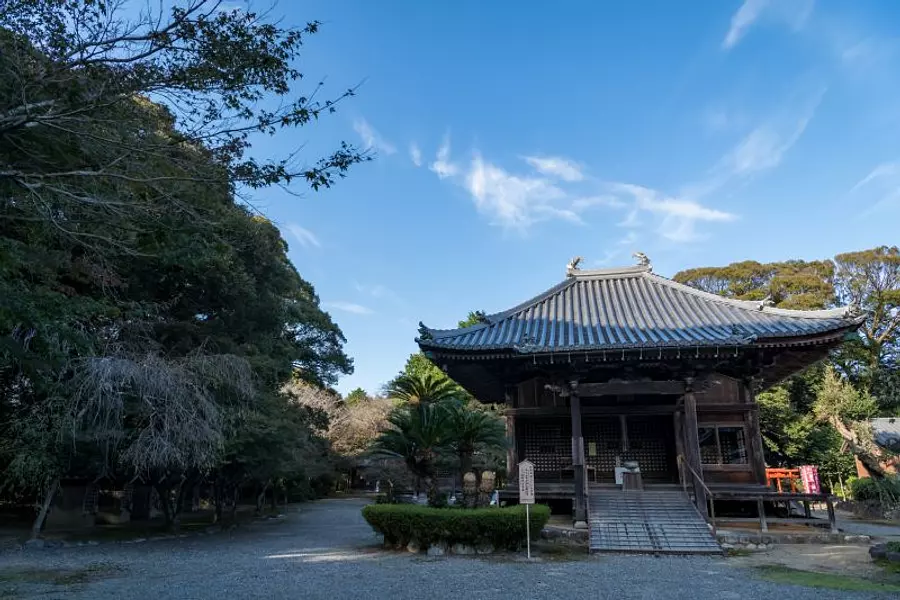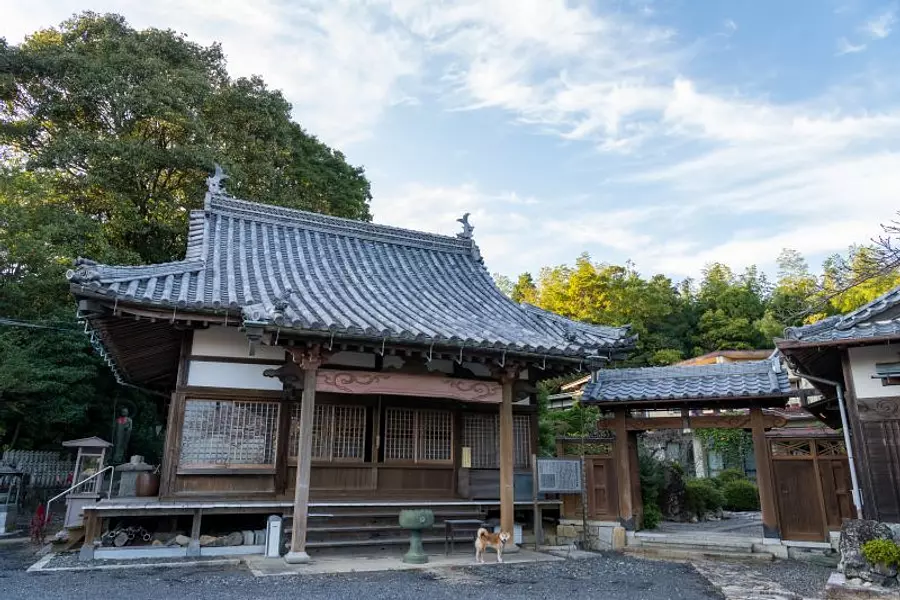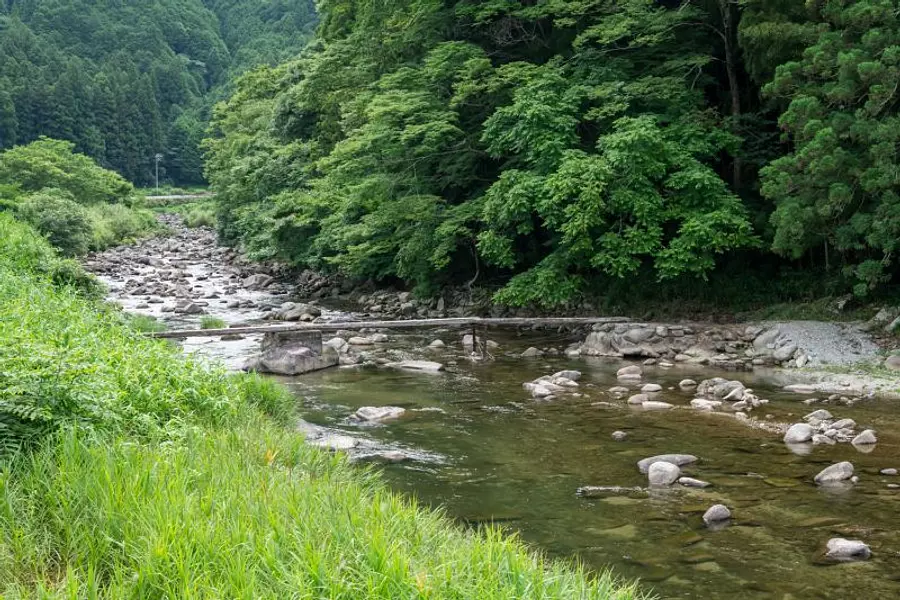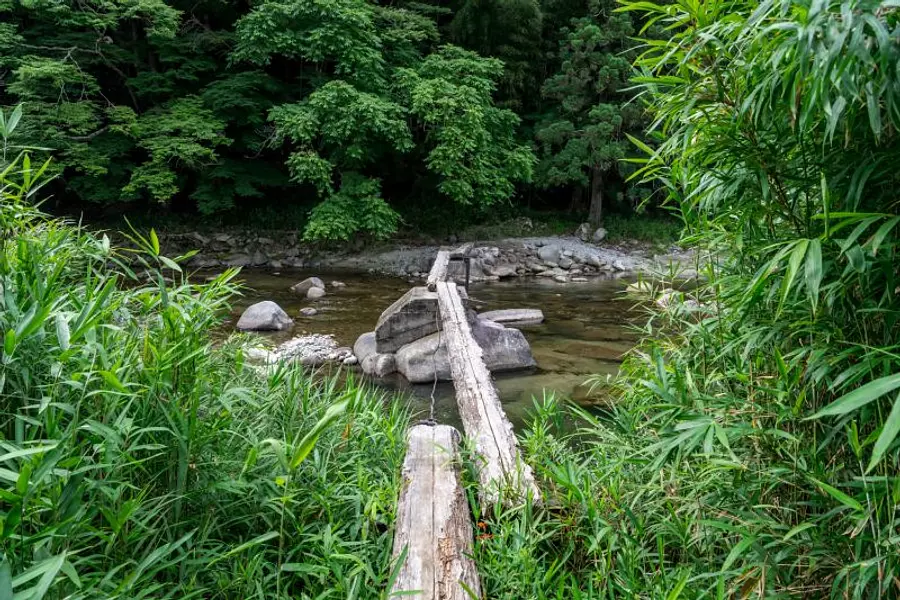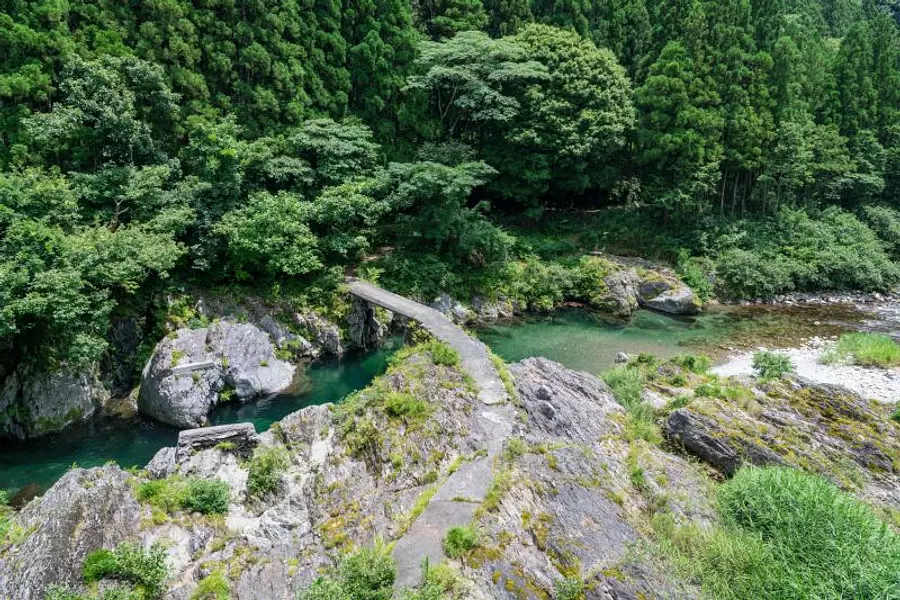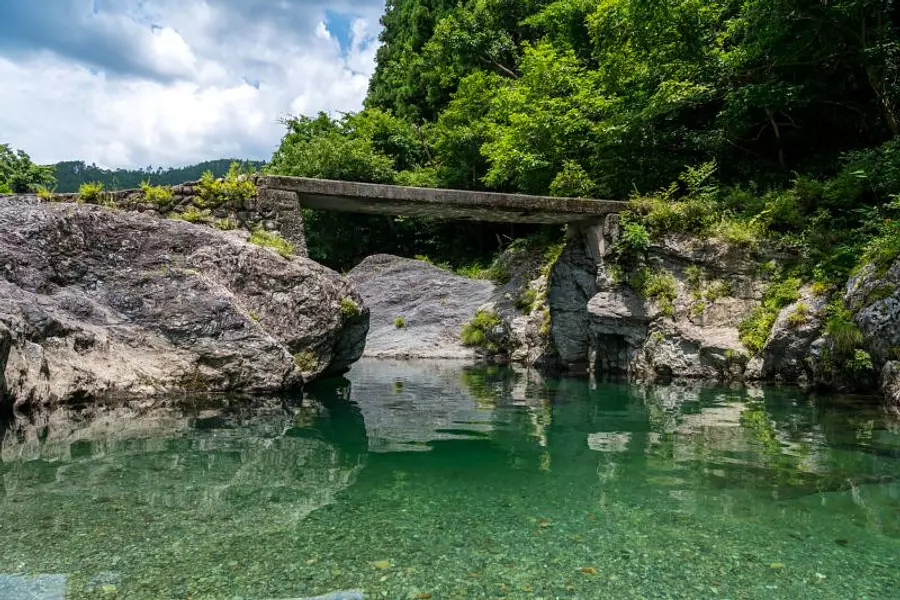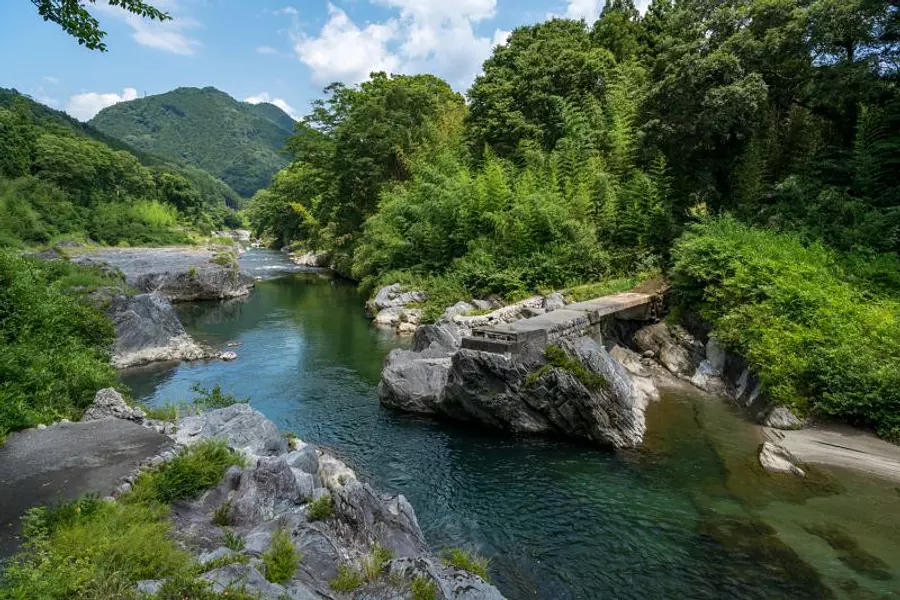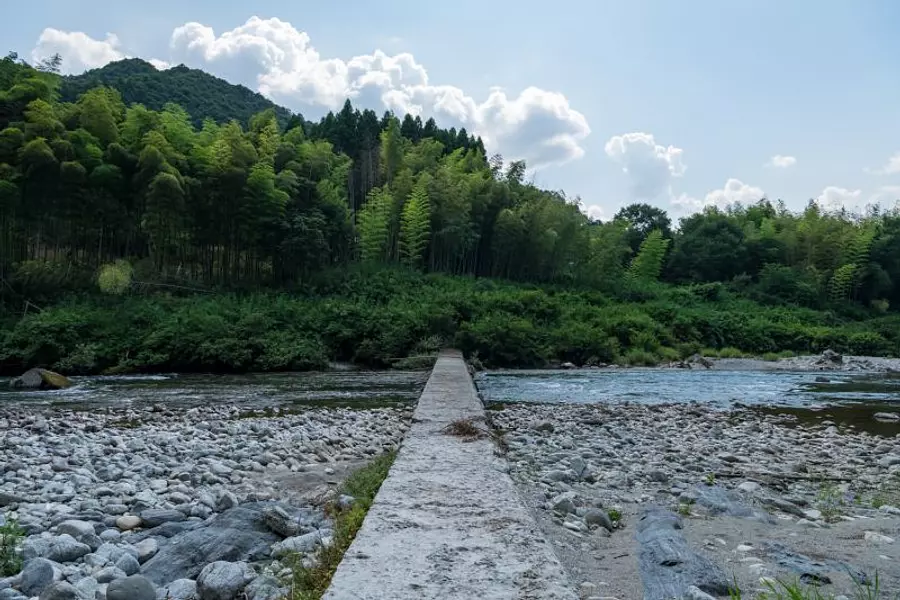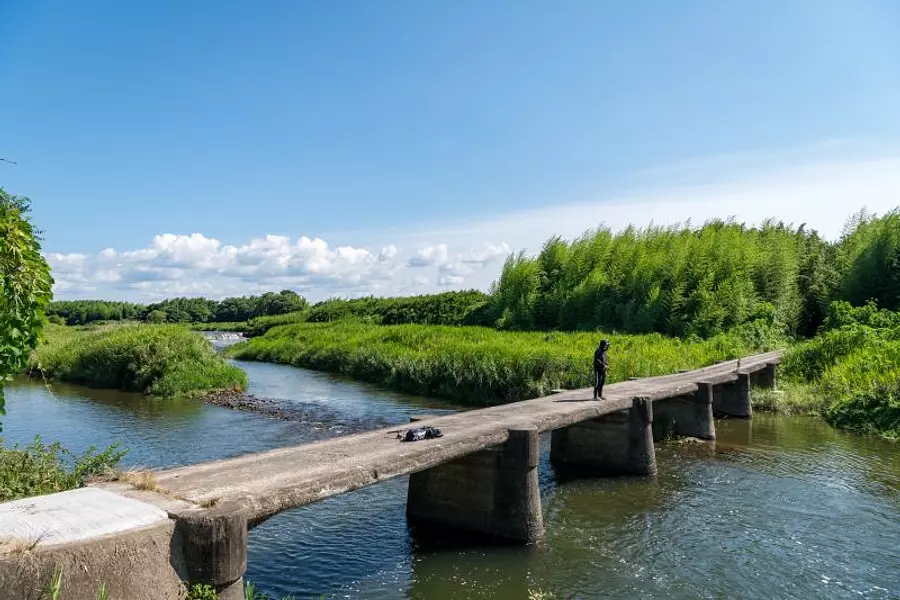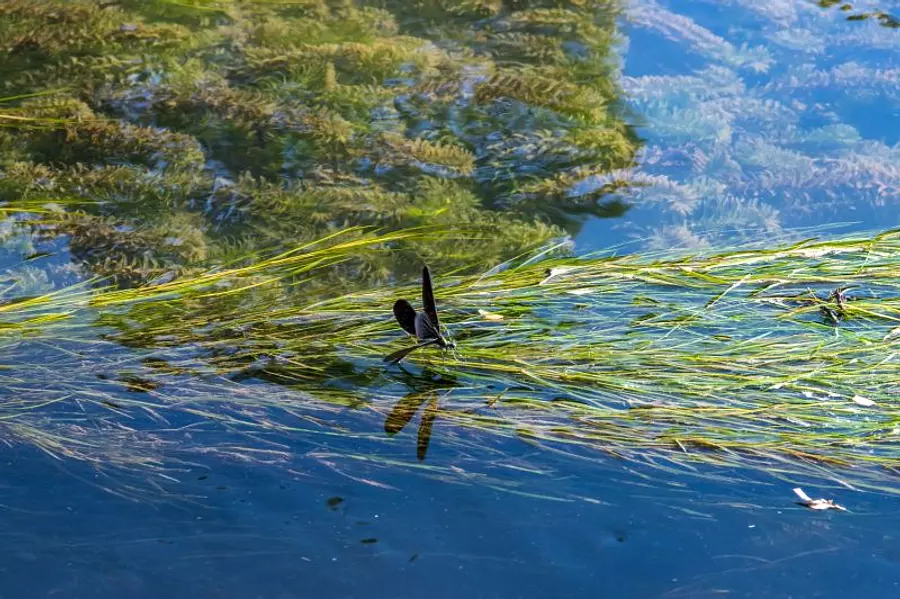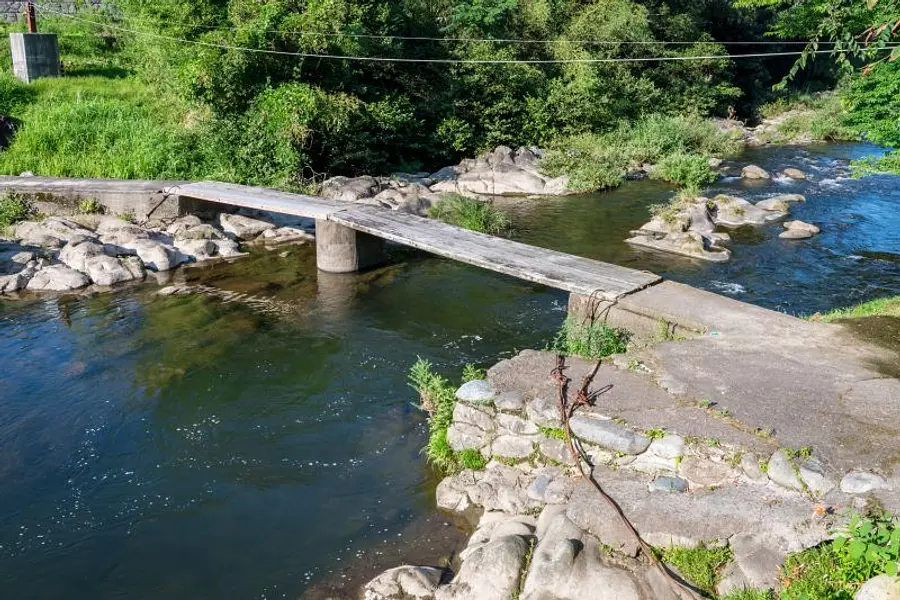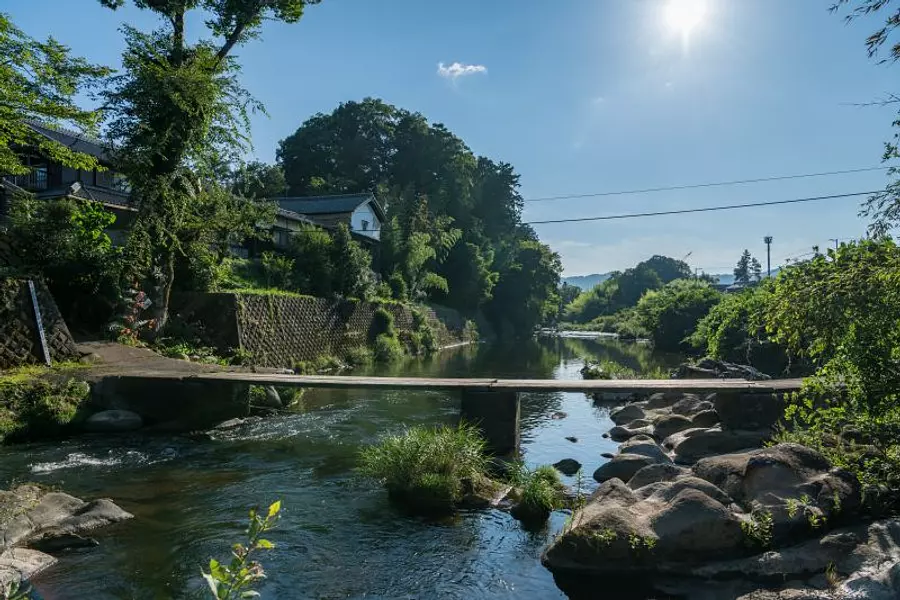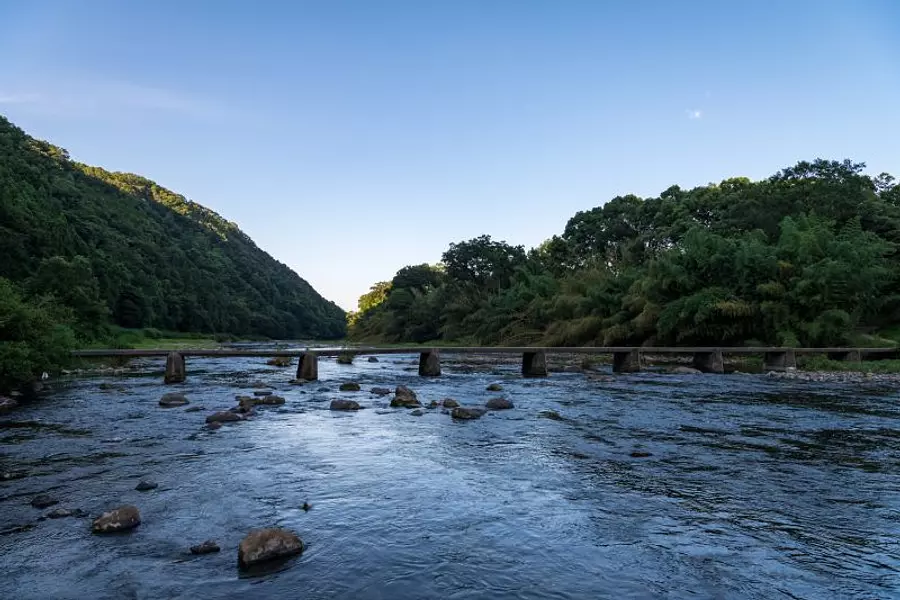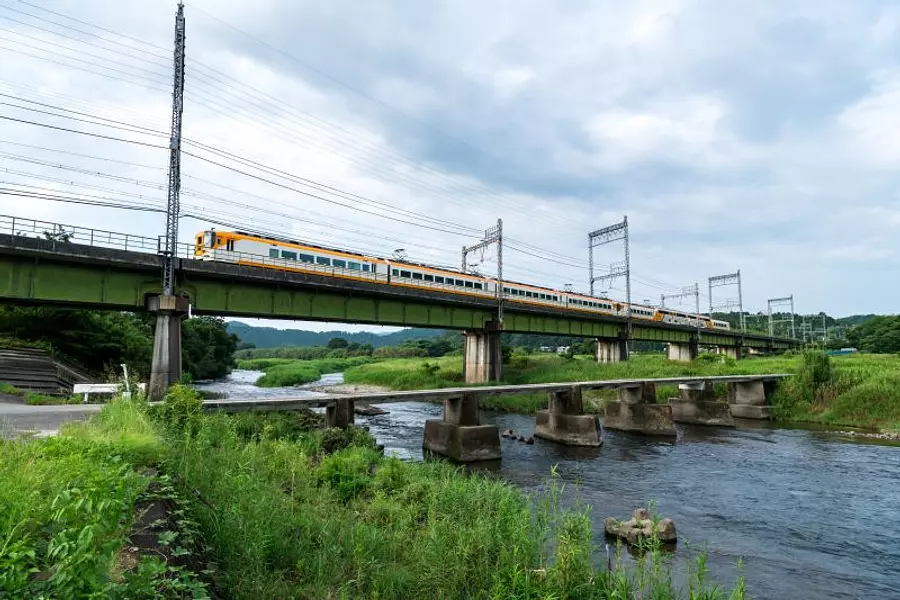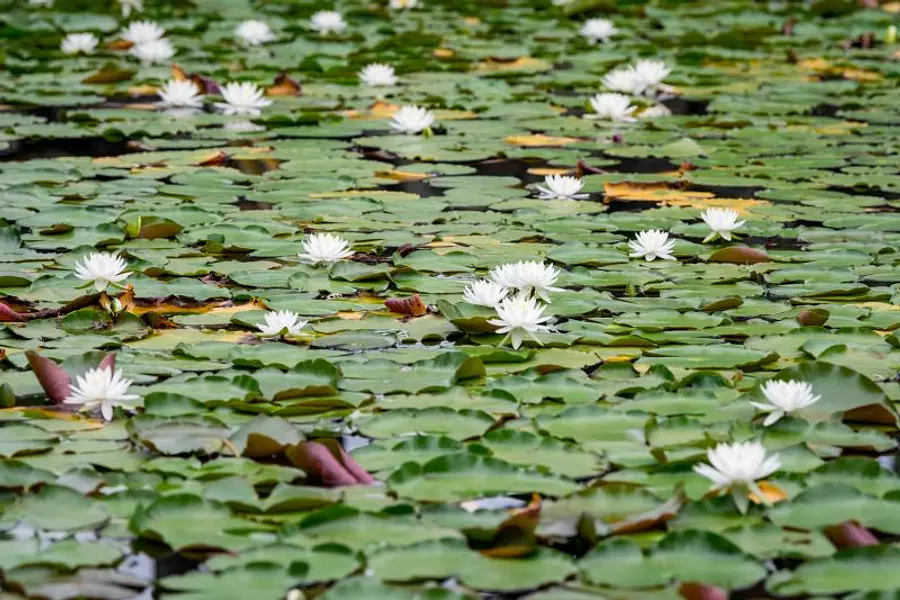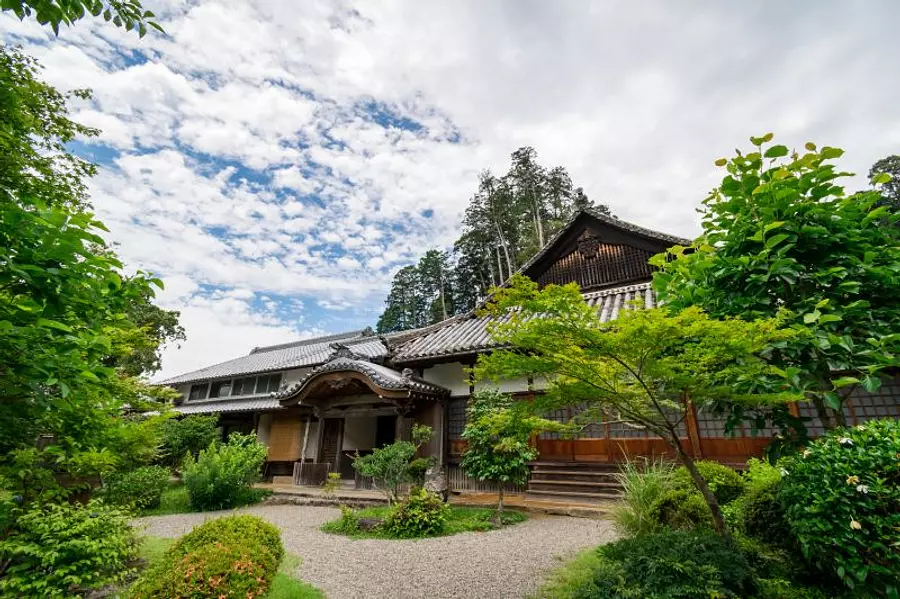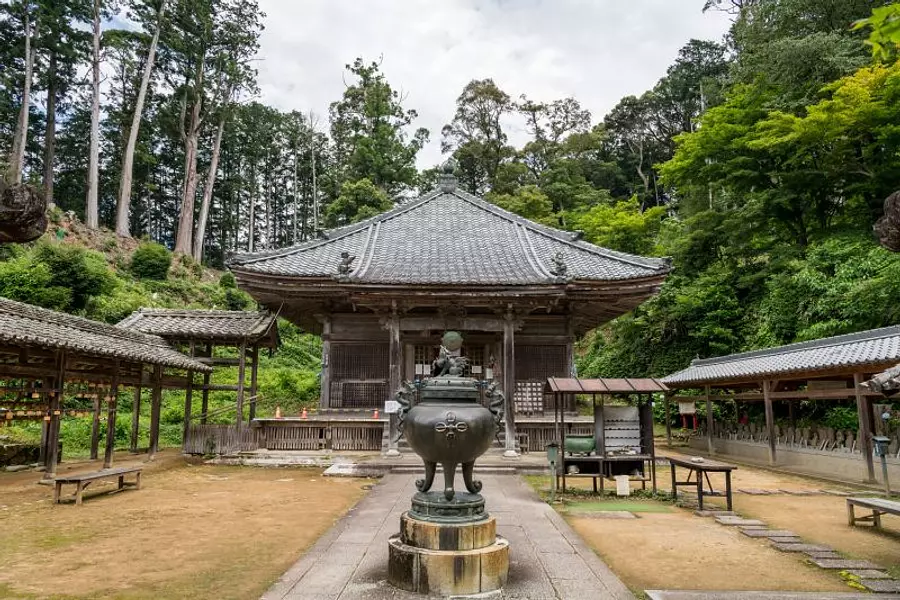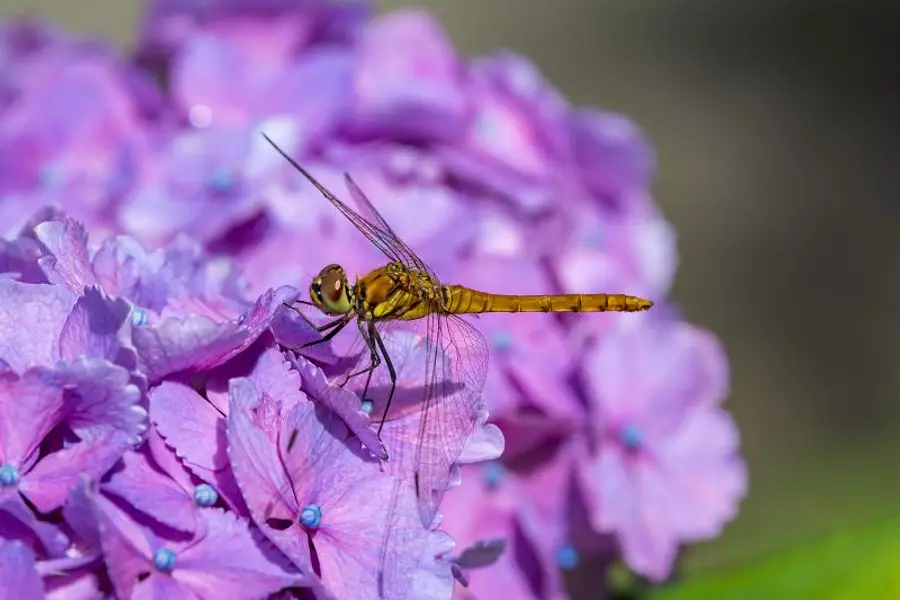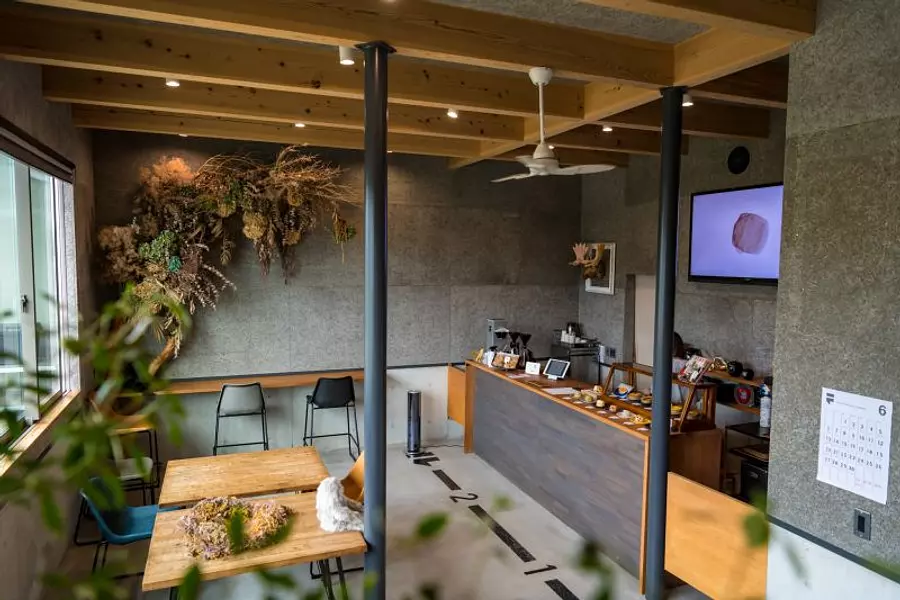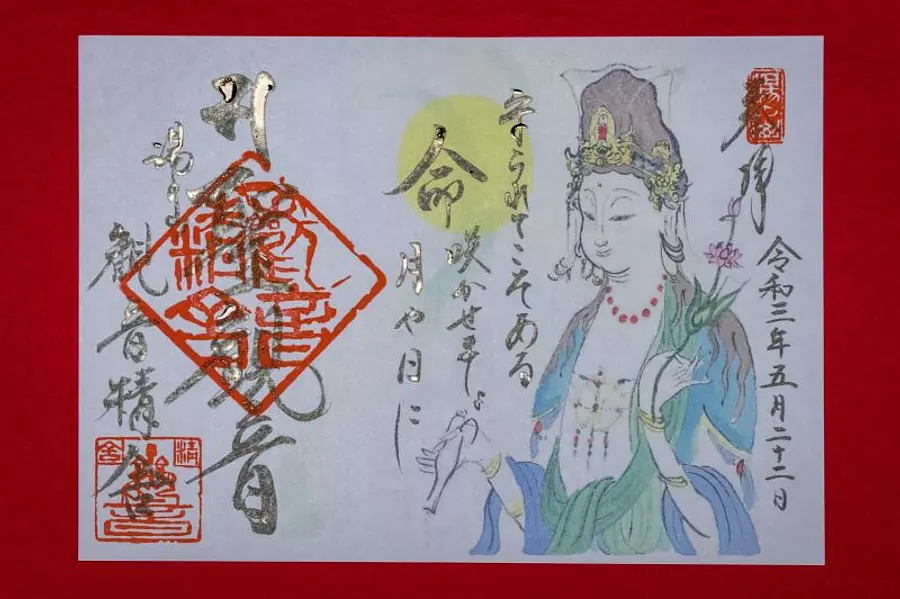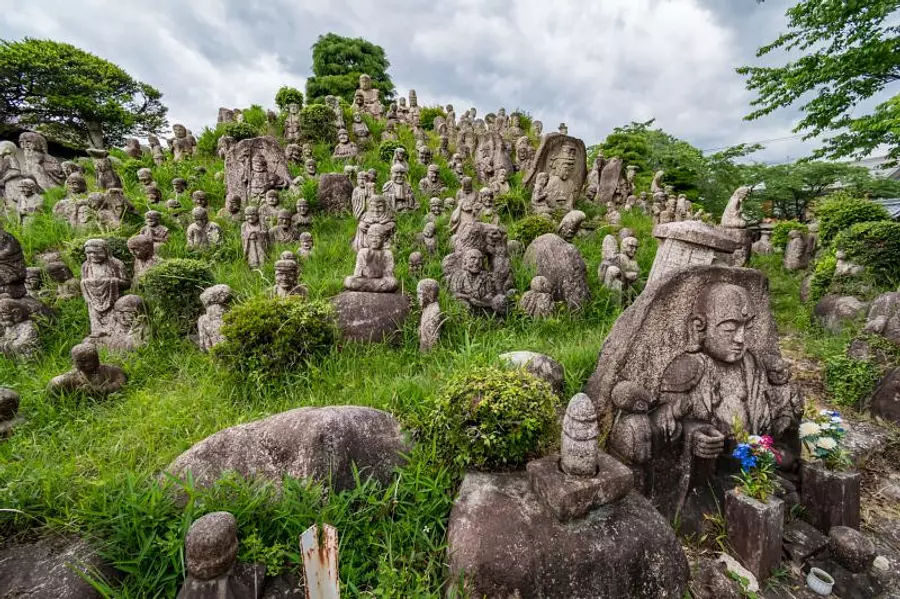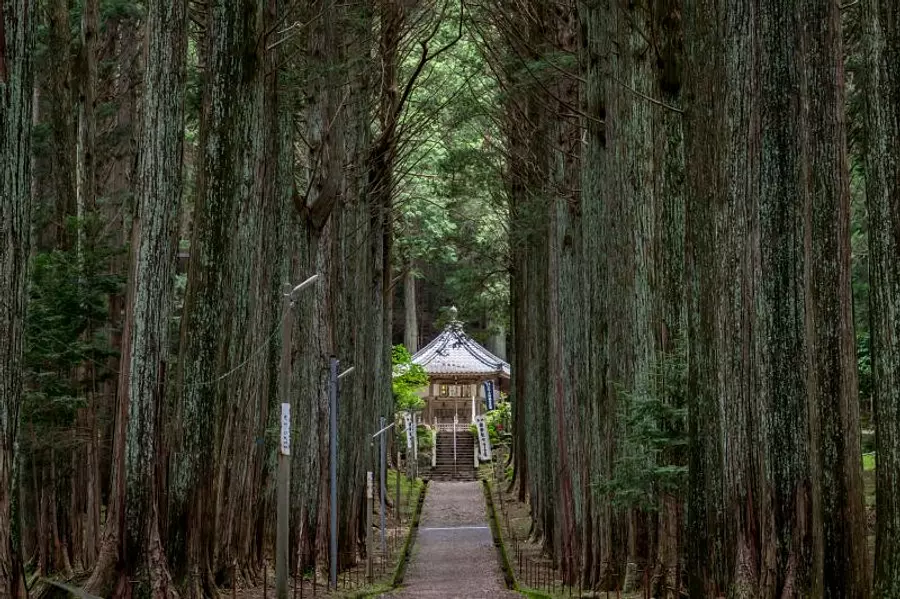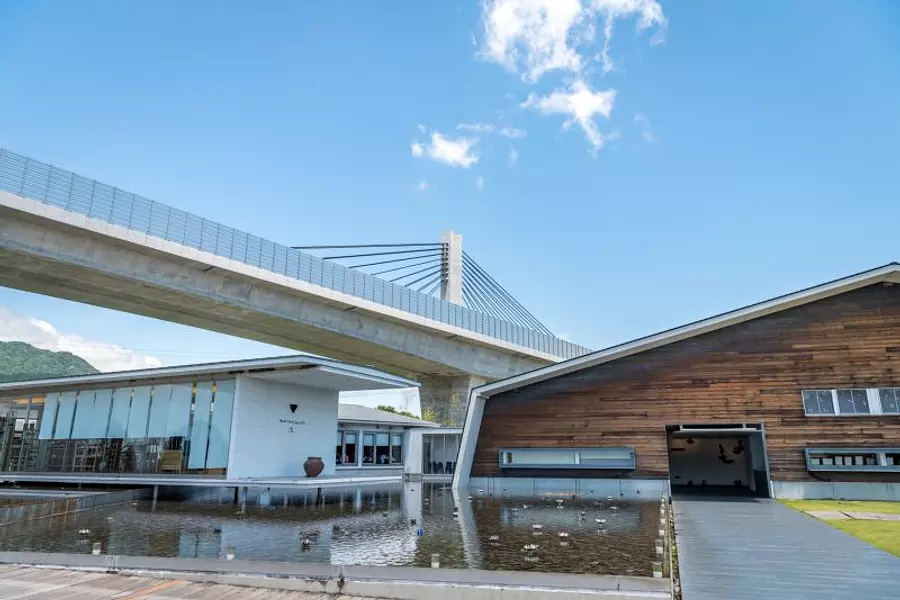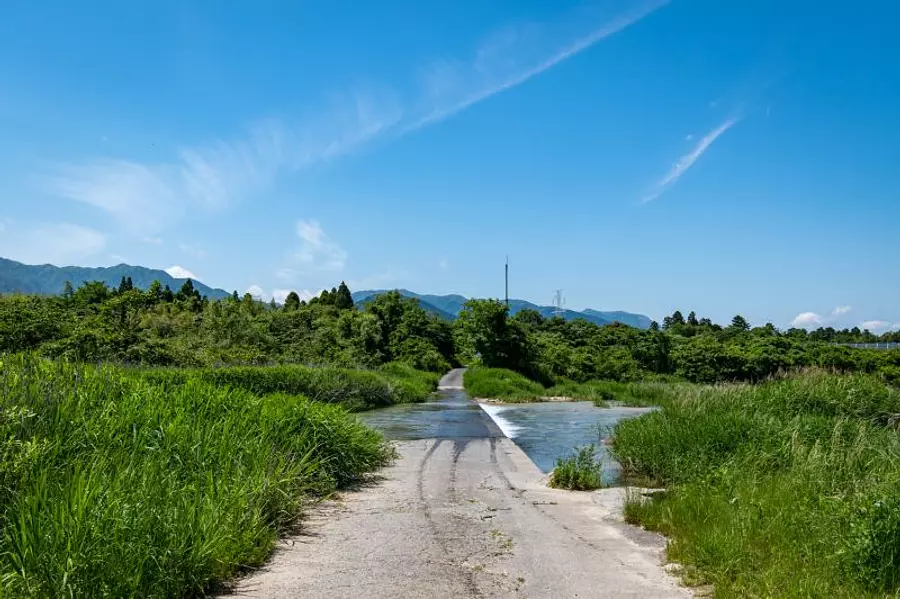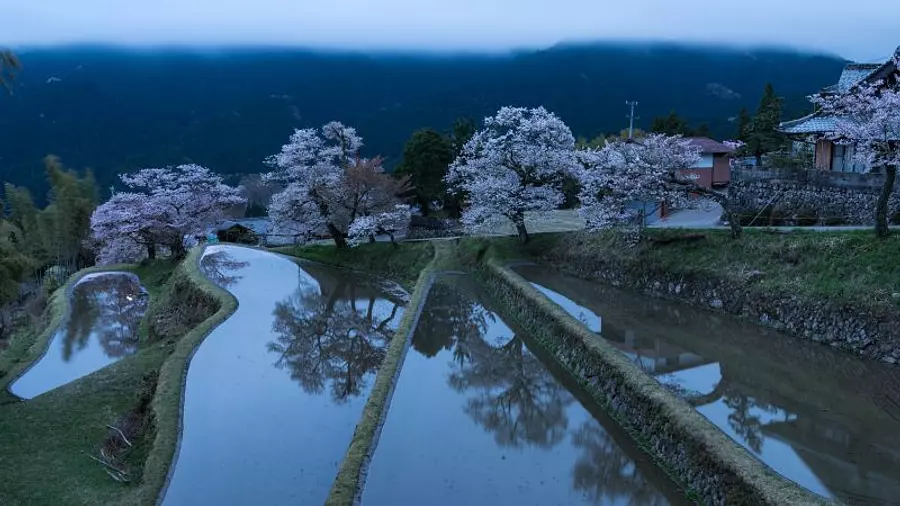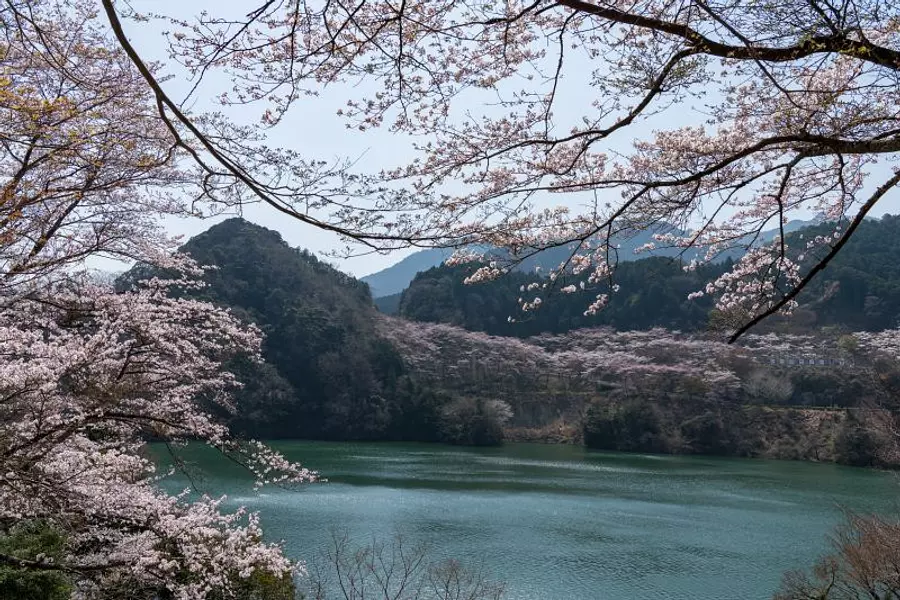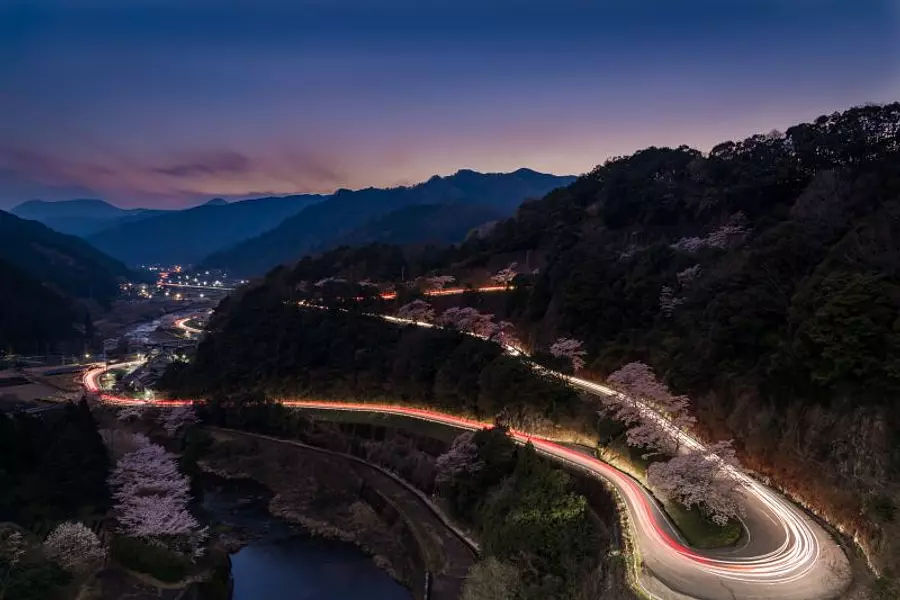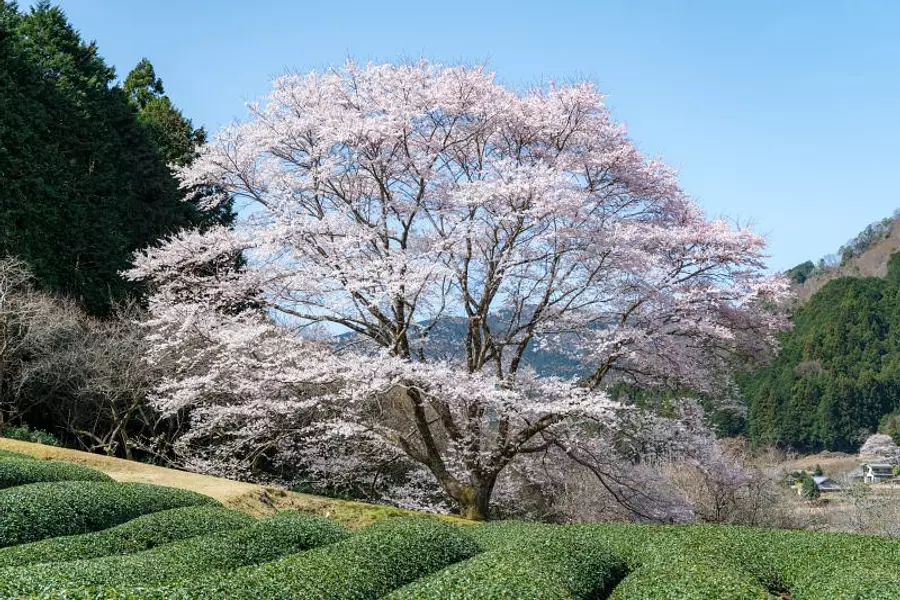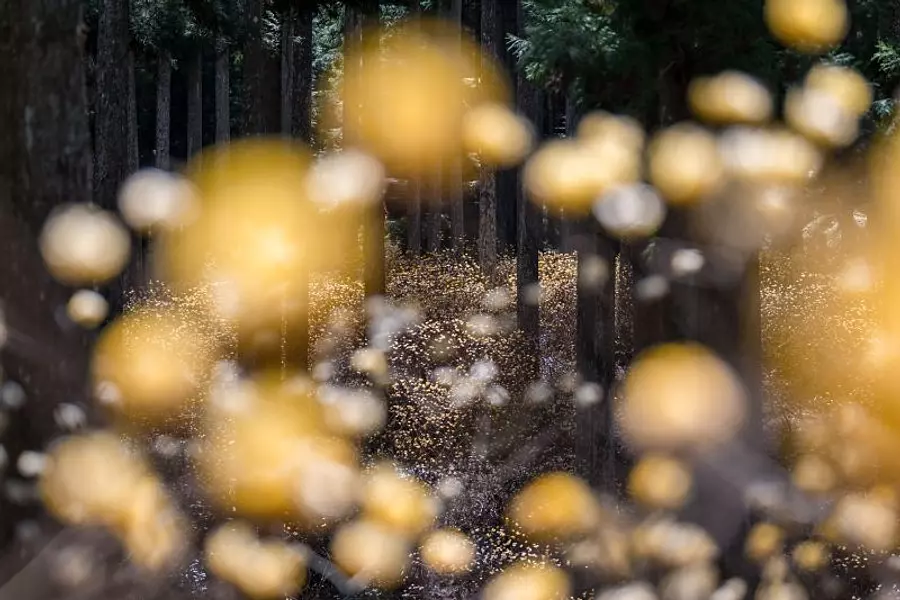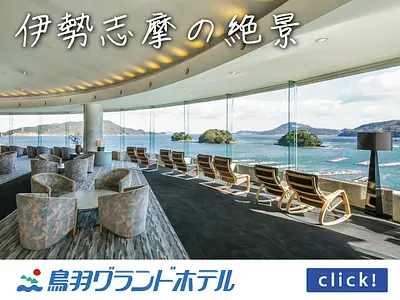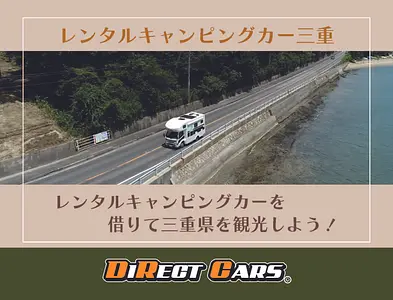A monk and a photographer, wearing two pairs of straw sandals, are on a pilgrimage through Mie! #Mie Travel Camera Club
掲載日:2021.03.26
MAMMY
nice to meet you.
What is your occupation? I am photographer MAMMY, and of course I will answer "monk" when asked.
I am grateful to be able to work as a member of Kanko Mie's camera club.
It's been about 13 years since I discovered the joy of taking photos with instant cameras and compact digital cameras, and made my debut with a Nikon D90 single-lens reflex camera.
I can't say I'm an old Nikon, but I've been enjoying Nikon all the time.
As part of my hobby, I've been taking pictures on my own without much improvement, but as my favorite equipment has improved and I've acquired more equipment, my motivation has increased!
Regardless of categories, I freely photograph whatever I want, including landscapes, airplanes, animals, plants, factories, night views, and celestial bodies.
I would like to introduce the good things about Mie Prefecture while taking advantage of the uniqueness of being a monk.
Through this activity, I will do my best to improve my skills as a photographer, so please support me!
index
Seven power spots spanning the Hokusei area! ? Let's visit Ise Shichifukujin! [First part]
This time we will be visiting the Shichifukujin Sacred Sites, one of the seven shrines in Mie Prefecture. I visited one of them, Ise Shichifukujin. Ise Shichifukujin is a sacred site founded in 1975, consisting of seven temples located in KuwanaCity, YokkaichiCity, SuzukaCity, and KameyamaCity. This time we will introduce the Ise Seven Lucky Gods, which have many blessings.
Related information
Seven power spots spanning the Hokusei area! ? Let's visit Ise Shichifukujin! [Part 2]
Continuing from the first part, we will tour the Ise Seven Lucky Gods, one of the seven sacred sites of the Seven Lucky Gods in Mie Prefecture. Ise Shichifukujin is a sacred site founded in 1975, consisting of seven temples located in KuwanaCity, YokkaichiCity, SuzukaCity, and KameyamaCity. This time, we will introduce the Ise Shichifukujin, which have many blessings.
Related information
Special feature on underwater bridges in Mie Prefecture: An unexplored region that is surprisingly nearby? Enjoy the spectacular underwater bridge! We bring you the "coolness" to help you spend this hot summer comfortably! [Part 2]
Do you know what a submersible bridge is? In Mie Prefecture, it is also called a sunken bridge, a submerged bridge, or a submerged bridge. In a previous article, I introduced ``Ashikoshi of the Asaaki River'', and while doing some research, I learned about its charm, and I was very interested in it myself, so I went exploring all over the place! (lol)
Related information
Special feature on submersible bridges in Mie Prefecture: An unexplored region that is surprisingly nearby? Enjoy the spectacular underwater bridge! We bring you the "coolness" to help you spend this hot summer comfortably! [First part]
Do you know what a submersible bridge is? In Mie Prefecture, it is also called a sunken bridge, a submerged bridge, or a submerged bridge. In a previous article, I introduced ``Ashikoshi of the Asaaki River'', and while doing some research, I learned about its charm, and I was very interested in it myself, so I went exploring all over the place! (lol)
Related information
This is the temple where Kobo Daishi's master, Kinso Daitoku, was founded. We will introduce NyuzanJingujiTemple popularly known as niu Daishi, and its surrounding spots.
``Is Jinguji a shrine or a temple?'' ``What is niu? What is Daishi?'' I will answer your questions first. To write the conclusion first, Jinguji is a “temple”! However, it also has a very deep relationship with shrines. In addition, niu means ``to give birth to ni'' and ``Tan'' means ``mercury,'' and it has even become a place name because it prospered as a mercury production area.
Daishi, of course, refers to ``Kobo Daishi Kukai,'' and he is affectionately known as niu niu because he is enshrined in Nyu, or in other words, niu 's Daishi. We will introduce niu Daishi Jinguji Temple and surrounding spots that can be visited in one day.
Related information
Yunoyama Kannon Seisha is a ``temple of art'' that you can enjoy visiting even on rainy days. We will introduce the charm of the temple and spots around KomonoTown!
What is Shoja? A temple of art? Why can you have fun even in the rain? While answering these questions, this time we will take a closer look at the charm of Kannon Seisha in Yunoyama. We will also introduce spots around KomonoTown, so please read until the end!
Related information
Cherry blossoms and Zao Gongen, a mini Yoshino in Mie Prefecture? Mt. Mitake Shinpukuin
Nara Yoshino is famous for its cherry blossoms and Zao Gongen, but did you know that Mie is also famous for these two?
That is TsuCity cho, Tsu City! Mitake is famous for its cherry blossoms, so many people may know about it, but Zao Gongen is also enshrined at a nearby temple called Mt. Ontake Shinpuku-in!
We will introduce you to the cherry blossoms, Zao Gongen, the Sanskrit temple, and Mt. Ontake Shinpuku-in, as well as the surrounding scenic spots and how to take photos, so be sure to watch till the end!
Related information
2,000 years of history! Inou Shrine is located in Inou. There are many highlights such as purple azalea and lion dance! We will also introduce you to the etiquette and manners of visiting a shrine that you may not know.
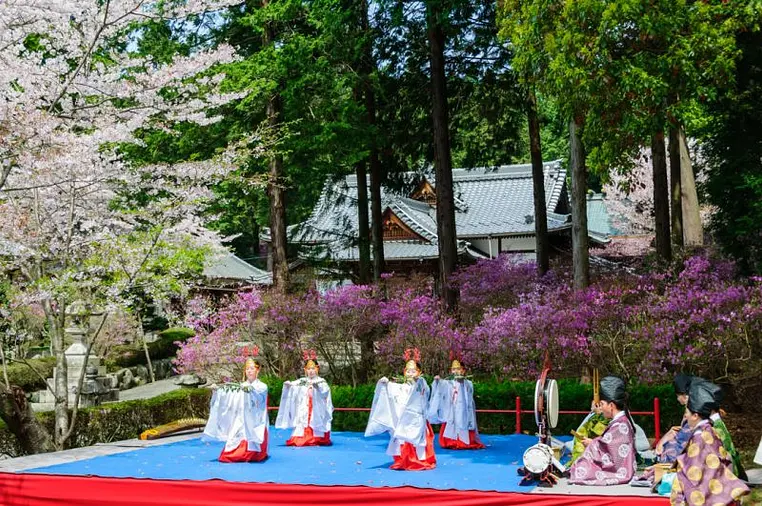
We will introduce you to the charm of Inou Shrine, located in Inou-cho, SuzukaCity City, which has a history that predates the Christian era and continues to exist in modern times, as well as the etiquette and etiquette of visiting a shrine that you might not have known. ! It is famous for the thousands of purple azaleas on Mt. Ino and the Shishimai, which is said to be the origin of the Shishimai in the Hokusei and Nakasei regions.
Related information
Proud photo 1
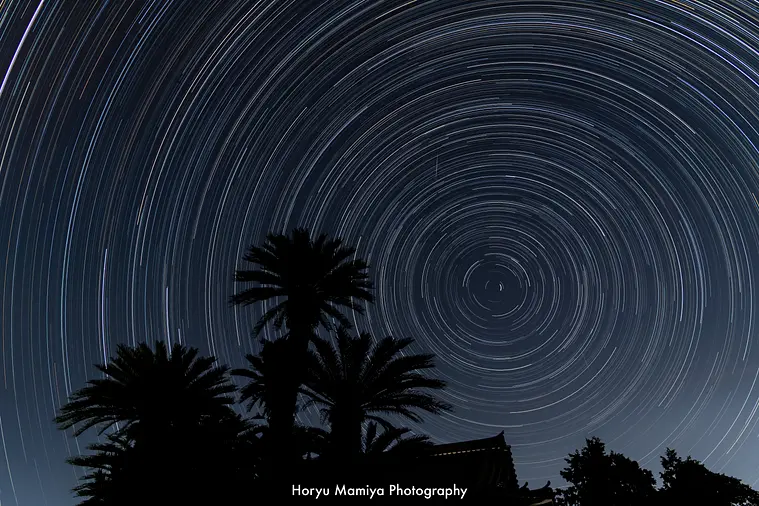
Sotetsu and Star Whirl
Proud photo 3 (SuzukaCity)
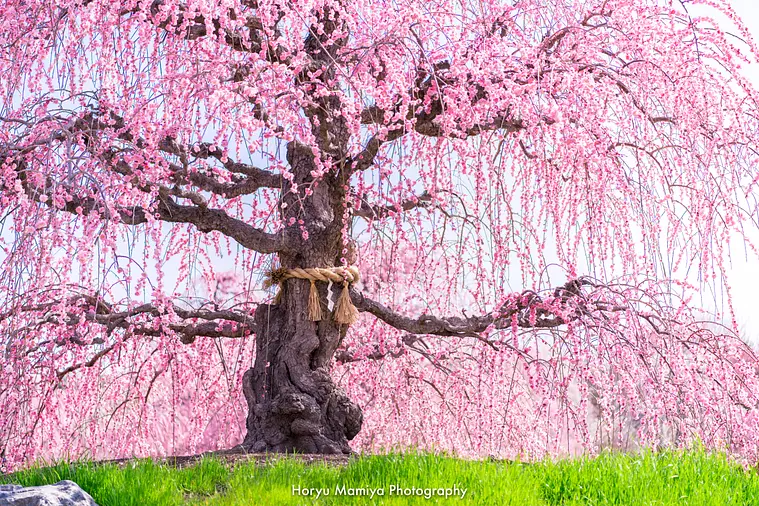
Suzuka Forest Garden “Heavenly Dragon”
| Category | |
|---|---|
| season |

![Seven power spots spanning the Hokusei area! ? Let's visit Ise Shichifukujin! [First part]](https://www.kankomie.or.jp/rails/active_storage/representations/proxy/eyJfcmFpbHMiOnsibWVzc2FnZSI6IkJBaHBBa1B0IiwiZXhwIjpudWxsLCJwdXIiOiJibG9iX2lkIn19--7ec3a7cd722d8880a4551933092803bb830ac7b5/eyJfcmFpbHMiOnsibWVzc2FnZSI6IkJBaDdCem9MWm05eWJXRjBPZ2wzWldKd09oSnlaWE5wZW1WZmRHOWZabWwwV3dkcEFhWXciLCJleHAiOm51bGwsInB1ciI6InZhcmlhdGlvbiJ9fQ==--eb90280ff6a4fc8dcd70892674b7dec5a7ad4845/4627_1_org.jpg)
![Seven power spots spanning the Hokusei area! ? Let's visit Ise Shichifukujin! [Part 2]](https://www.kankomie.or.jp/rails/active_storage/representations/proxy/eyJfcmFpbHMiOnsibWVzc2FnZSI6IkJBaHBBa2J0IiwiZXhwIjpudWxsLCJwdXIiOiJibG9iX2lkIn19--3c1af1a8a587d7900ffb23c1fe537cae0e62cb68/eyJfcmFpbHMiOnsibWVzc2FnZSI6IkJBaDdCem9MWm05eWJXRjBPZ2wzWldKd09oSnlaWE5wZW1WZmRHOWZabWwwV3dkcEFhWXciLCJleHAiOm51bGwsInB1ciI6InZhcmlhdGlvbiJ9fQ==--eb90280ff6a4fc8dcd70892674b7dec5a7ad4845/4628_1_org.jpg)
![Special feature on underwater bridges in Mie Prefecture: An unexplored region that is surprisingly nearby? Enjoy the spectacular underwater bridge! We bring you the "coolness" to help you spend this hot summer comfortably! [Part 2]](https://www.kankomie.or.jp/rails/active_storage/representations/proxy/eyJfcmFpbHMiOnsibWVzc2FnZSI6IkJBaHBBczNzIiwiZXhwIjpudWxsLCJwdXIiOiJibG9iX2lkIn19--c6ee6e3ad890a39b7f239ab61bd80d46af6bb175/eyJfcmFpbHMiOnsibWVzc2FnZSI6IkJBaDdCem9MWm05eWJXRjBPZ2wzWldKd09oSnlaWE5wZW1WZmRHOWZabWwwV3dkcEFhWXciLCJleHAiOm51bGwsInB1ciI6InZhcmlhdGlvbiJ9fQ==--eb90280ff6a4fc8dcd70892674b7dec5a7ad4845/4585_1_org.jpg)
![Special feature on submersible bridges in Mie Prefecture: An unexplored region that is surprisingly nearby? Enjoy the spectacular underwater bridge! We bring you the "coolness" to help you spend this hot summer comfortably! [First part]](https://www.kankomie.or.jp/rails/active_storage/representations/proxy/eyJfcmFpbHMiOnsibWVzc2FnZSI6IkJBaHBBbkhzIiwiZXhwIjpudWxsLCJwdXIiOiJibG9iX2lkIn19--2519b3070f4a3c047bd13d69f77315f916910b6c/eyJfcmFpbHMiOnsibWVzc2FnZSI6IkJBaDdCem9MWm05eWJXRjBPZ2wzWldKd09oSnlaWE5wZW1WZmRHOWZabWwwV3dkcEFhWXciLCJleHAiOm51bGwsInB1ciI6InZhcmlhdGlvbiJ9fQ==--eb90280ff6a4fc8dcd70892674b7dec5a7ad4845/4550_1_org.jpg)
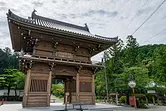
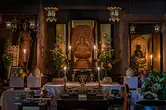
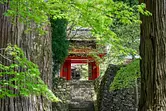



![Seven power spots spanning the Hokusei area! ? Let's visit Ise Shichifukujin! [First part]](https://www.kankomie.or.jp/rails/active_storage/representations/proxy/eyJfcmFpbHMiOnsibWVzc2FnZSI6IkJBaHBBa1B0IiwiZXhwIjpudWxsLCJwdXIiOiJibG9iX2lkIn19--7ec3a7cd722d8880a4551933092803bb830ac7b5/eyJfcmFpbHMiOnsibWVzc2FnZSI6IkJBaDdCem9MWm05eWJXRjBPZ2wzWldKd09oSnlaWE5wZW1WZmRHOWZabWwwV3dkcEFvUURNQT09IiwiZXhwIjpudWxsLCJwdXIiOiJ2YXJpYXRpb24ifX0=--ef4af471d0804d4a7b7d74cb943d03ada1b9519d/4627_1_org.jpg)
